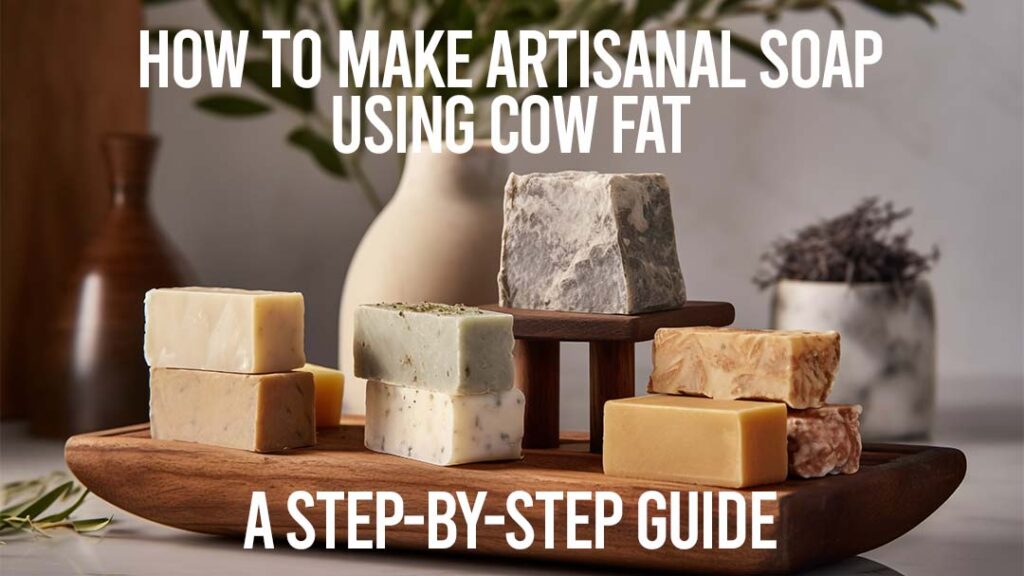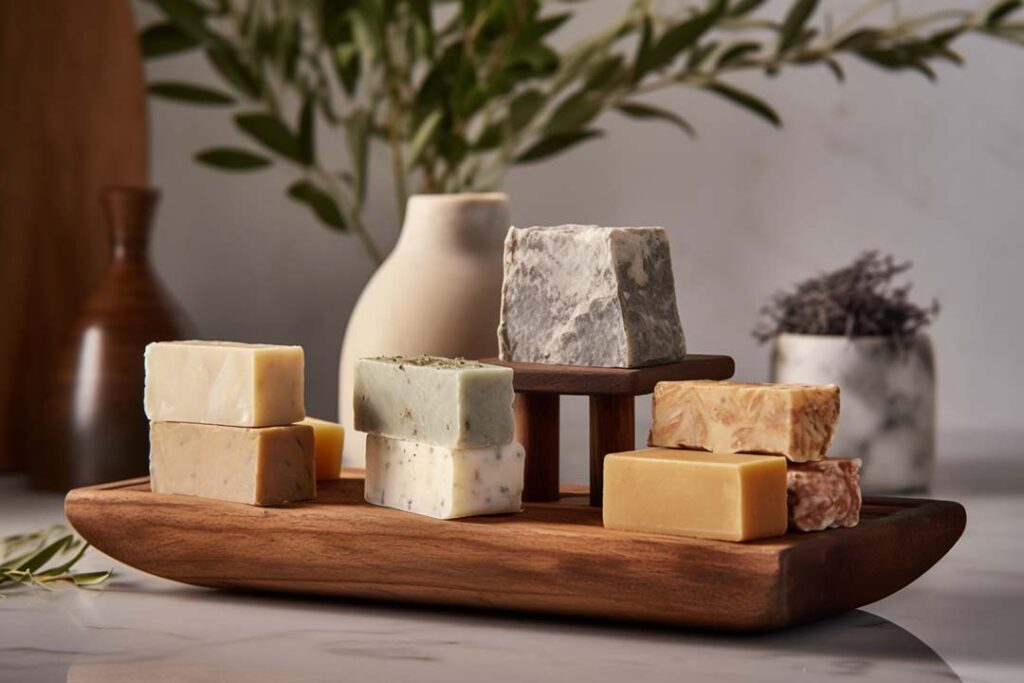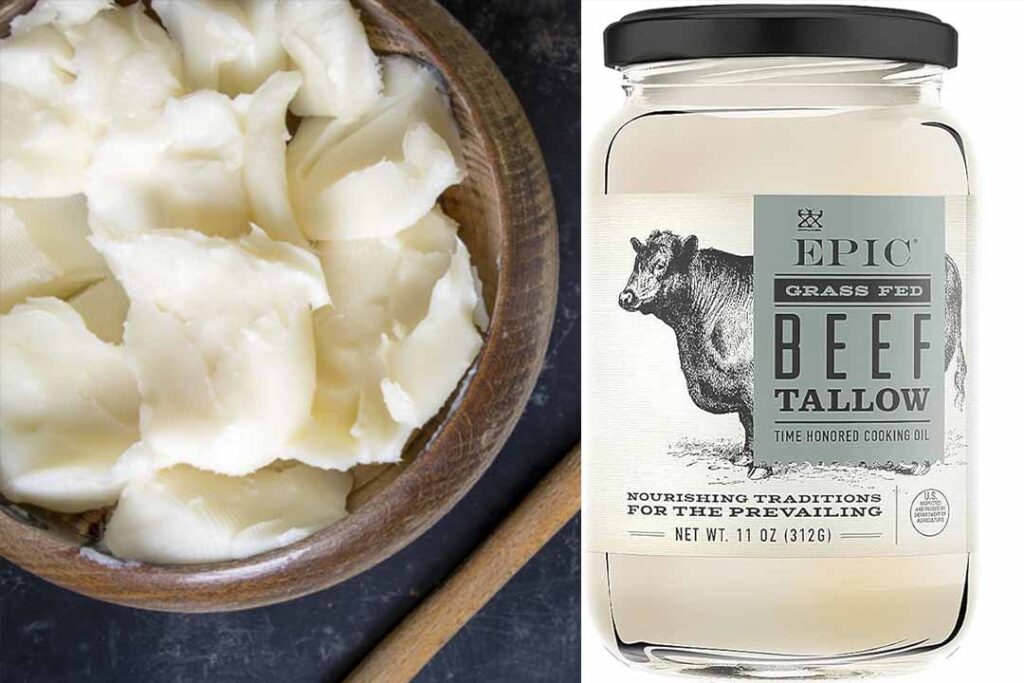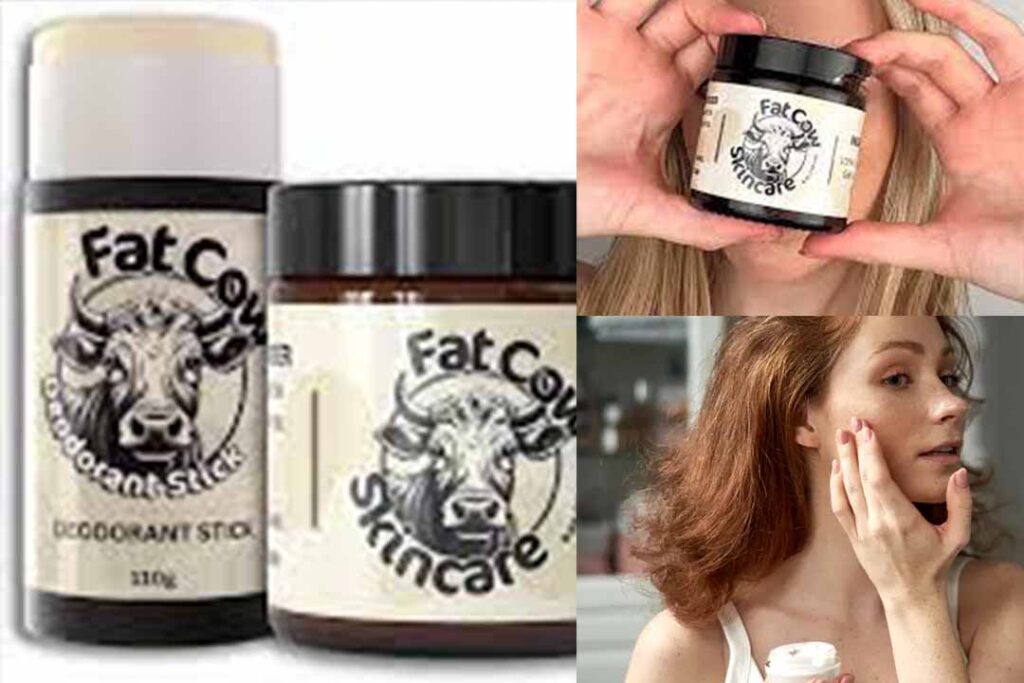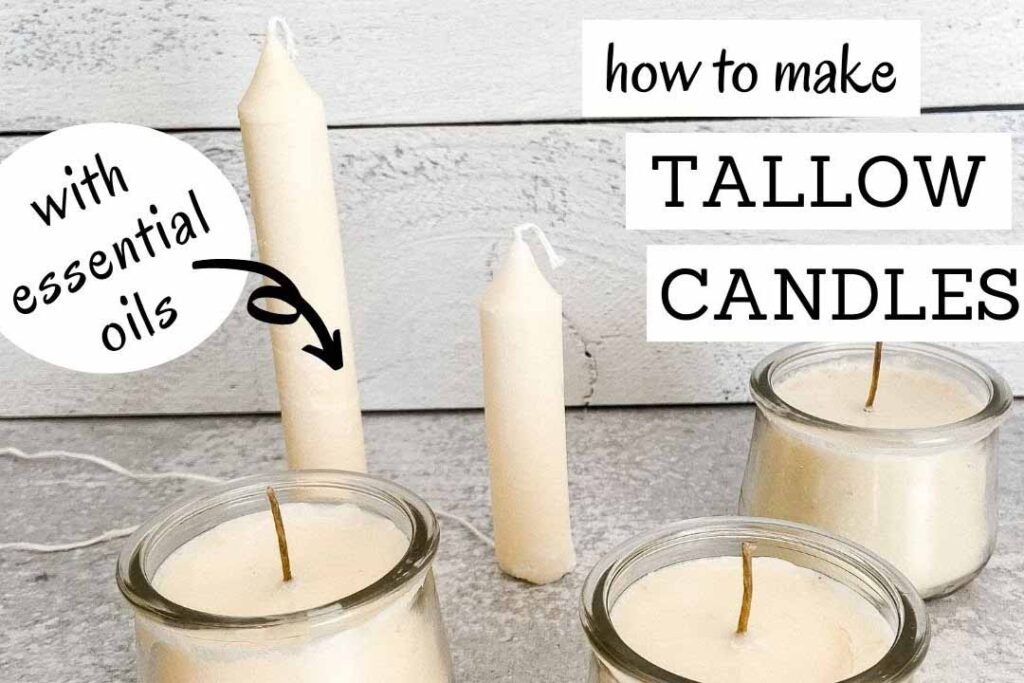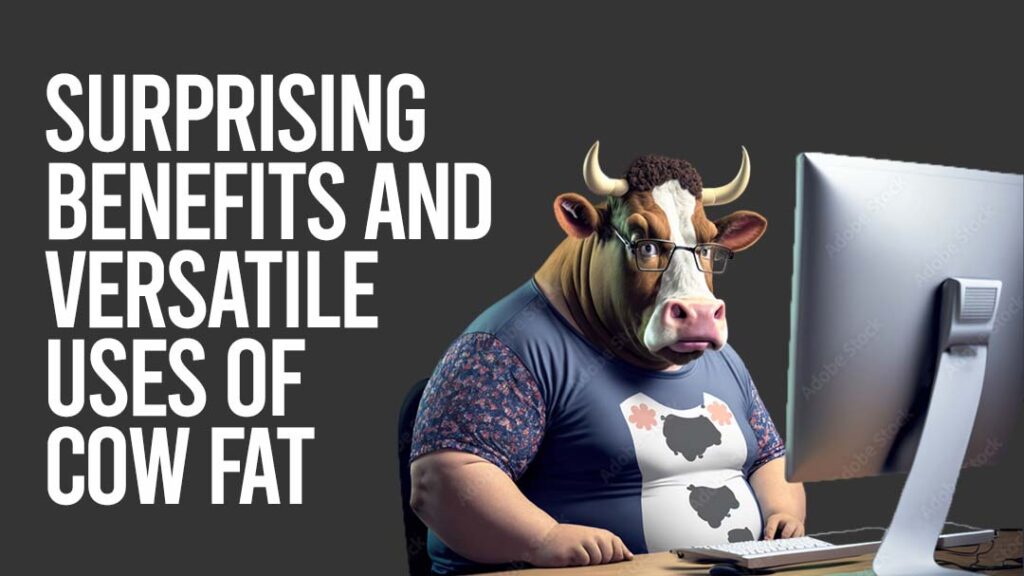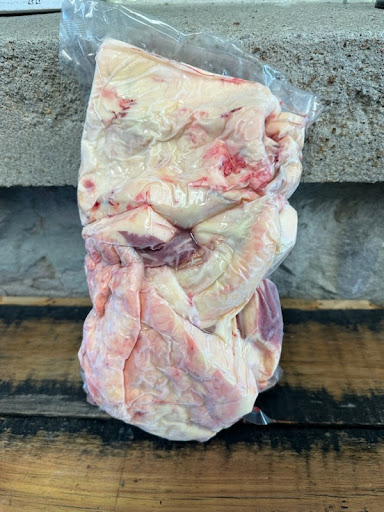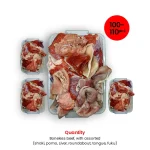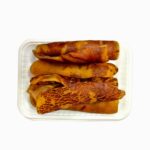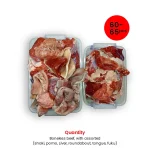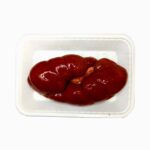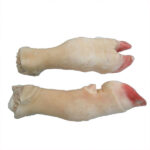How to Make Artisanal Soap Using Cow Fat: A Step-by-Step Guide
How to Make Artisanal Soap Using Cow Fat: A Step-by-Step Guide
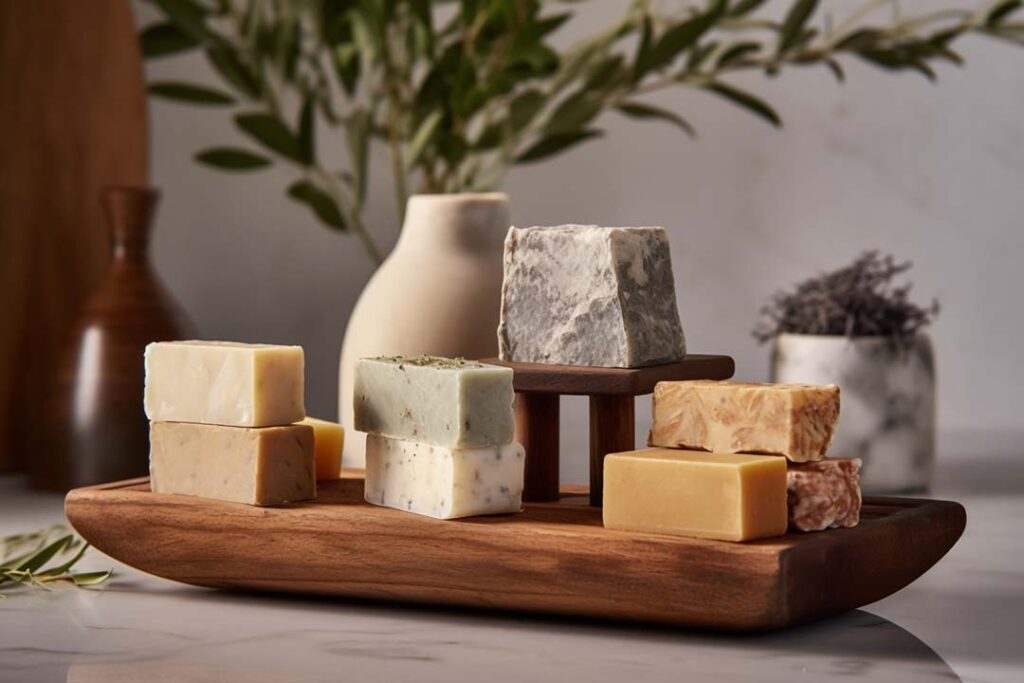
Making artisanal soap from cow fat, is a rewarding process that yields a high-quality, moisturizing product. This guide will take you through every step necessary to make your own natural soap at home. For those living in Lagos looking for high-quality tallow, BuyMeat is a reliable source for buying fat at reasonable prices.
Thank you me later.
Ingredients and Materials
- Cow Fat (Tallow): You can buy meat in Lagos and render the fat yourself or purchase pre-rendered tallow from BuyMeat.
- Lye (Sodium Hydroxide): A necessary ingredient for the saponification process.
- Water: Distilled water is recommended.
- Essential Oils: For fragrance (optional).
- Additives: Such as herbs, natural colorants, or exfoliants (optional).
- Protective Gear: Gloves, goggles, and long sleeves for safety.
- Soap Mold: Silicone molds are recommended for easy removal.
- Thermometer: To monitor temperatures.
- Scale: For accurate measurement of ingredients.
- Mixing Utensils: Stainless steel or heat-resistant plastic.
- Stick Blender: For thorough mixing.
Steps to Make Artisanal Soap Using Cow Fat
1. Render the Cow Fat:
- Purchase Cow Fat: Buy cow fat from BuyMeat for high-quality, grass-fed tallow.
- Chop and Melt: Cut the fat into small pieces and melt it slowly over low heat.
- Strain: Once melted, strain the liquid fat through a cheesecloth to remove any impurities.
- Cool: Allow the tallow to cool and solidify. It can be stored in a cool, and dark place until ready to use.
2. Prepare Your Workspace:
- Safety First: Wear gloves, goggles, and long sleeves to protect yourself from the lye.
- Ventilation: Ensure your workspace is well-ventilated.
- Gather Materials: Have all your ingredients and equipment ready and within reach.
3. Measure Ingredients:
- Tallow: Weigh the required amount of tallow using a scale.
- Lye Solution: Measure the lye and water separately. Slowly add the lye to the water (never the other way around), and stir until dissolved. Let the lye solution cool.
4. Heat the Tallow:
- Melt Tallow: In a stainless steel pot. Gently heat the tallow until it reaches a temperature of about 110°F to 120°F (43°C to 49°C).
5. Combine Lye and Tallow:
- Monitor Temperatures: Both the lye solution and tallow should be around the same temperature before combining.
- Mix: Slowly pour the lye solution into the melted tallow while stirring continuously.
6. Blend to Trace:
- Stick Blender: Use a stick blender to mix the solution until it reaches “trace,” a pudding-like consistency. This usually takes a few minutes.
- Additives: If using essential oils, herbs, or other additives, mix them in at this stage.
7. Pour into Molds:
- Fill Molds: Pour the soap mixture into silicone molds, smoothing the top if necessary.
- Cover: Cover the molds with a towel or plastic wrap to insulate and allow the soap to harden.
8. Cure the Soap:
- Set Aside: Let the soap sit in the molds for 24 to 48 hours until firm.
- Unmold: Carefully remove the soap from the molds.
- Cure Time: Place the soap bars on a rack in a cool, dry place to cure for 4 to 6 weeks. This allows the soap to harden and the lye to fully neutralize.
9. Trim and Package:
- Trim Edges: Use a knife to trim any rough edges.
- Label and Package: Package your soap in breathable materials like paper or cardboard to prevent moisture buildup.
Tips for Success
- Accurate Measurement: Precision in measuring ingredients is crucial for successful soap making.
- Safety Precautions: Always handle lye with care and work in a well-ventilated area.
- Experiment: Try different essential oils, colors, and additives to create unique soap bars.
Conclusion
Making artisanal soap using cow fat is a fulfilling and creative process that results in a high-quality, natural product. For Nigerians aged 25 to 55 who are health-conscious and interested in natural skincare, this is a fantastic way to utilize local resources. Remember, BuyMeat is your reliable source to buy fat in Lagos and buy meat in Lagos, offering high-quality, grass-fed cow fat at affordable prices.
Start your soap-making journey today and enjoy the numerous benefits of homemade, artisanal soap.


